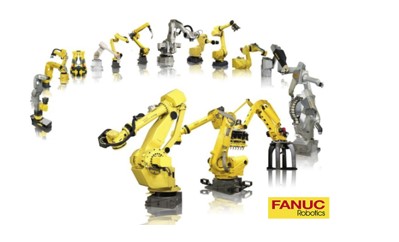
It is a sure-fire recipe for disaster if my experience with virtual voice activated assistants like Alexa or Siri are anything to go by. Robots in Libraries. Yes, it’s the title of a satellite conference meeting at IFLA taking place 21-22 August 2019 in Berlin. Let me quote the text of the invitation I received this week.
“The rapid development in robotics and artificial intelligence technologies as well as the commercial availability of these products are making in-roads into libraries. Beyond automated storage and retrieval systems, we now have autonomous shelf reading robots, telepresence and humanoid robots, and chatbots and voice activated systems. Robots are becoming our co-workers and a number of libraries around the world have deployed different robots for internal operations as well as public services. This combination of skilled human resources and robotics technologies also complements library services in the fourth industrial revolution (4IR) era.”
I am very impressed that some libraries have embraced robots. I would love to meet in particular the “Shelf Reading” robot, because reading spine labels and interpreting class numbers in some libraries I use is, for me, like doing an exercise class in the gym.
 I know that Fanuc, the Japanese world leader in factory automation technology has a place under Mount Fuji producing yellow robots (yes, they are yellow) 24 hours a day connected to other yellow robots around the world. Hundreds of them sharing collective data, to help improve the robots (now called cobots) that are being created in the factory.
I know that Fanuc, the Japanese world leader in factory automation technology has a place under Mount Fuji producing yellow robots (yes, they are yellow) 24 hours a day connected to other yellow robots around the world. Hundreds of them sharing collective data, to help improve the robots (now called cobots) that are being created in the factory.
The International Federation of Robotics is the authority on how these AI supporting machines are changing our lives. And no less an authority than McKinsey Global Institute believes about 30% of the activities in about 60% of all occupations could be automated. Robotic Process Automation (RPA) looks set to be applied in businesses of all sizes and the prime motivation is to reduce staffing.
Interesting stuff. Looking around the library world that I inhabit I could not see how there could be fewer library staff! As for the investment in space needed by such cobots who are travelling the shelves in search of the latest report from HBR, it may well mean that it’s not going to be easy to live with a friendly Henry or Helen Cobot, especially if the lights are out and the heating and air conditioning is off, like it is in many places where robots work.
I foresee one good thing arising from the introduction of the library trained robot and that is the demise and putting to bed once and for all, of the MARC records. There is no amount of AI that can interpret the multiple format variations conceived over the years interpreting MARC a standard that should have truly died off a long, long time ago.
> Soutron Library Management
> Soutron Records Management
> Soutron Archive
> Soutron Business Archive
1989 – 2024 © Soutron Global Inc – All Rights Reserved | Terms & Privacy | Sitemap

This website uses cookies to improve your experience. We'll assume you're ok with this, but you can opt-out if you wish. Read More
| Name | Domain | Purpose | Expiry | Type |
|---|---|---|---|---|
| Google Analytics | www.soutron.com | This cookie is used by Google Analytics | 1 Year, 1 month | HTTP |